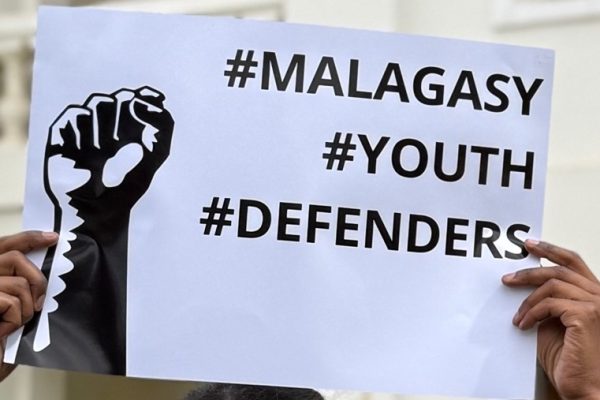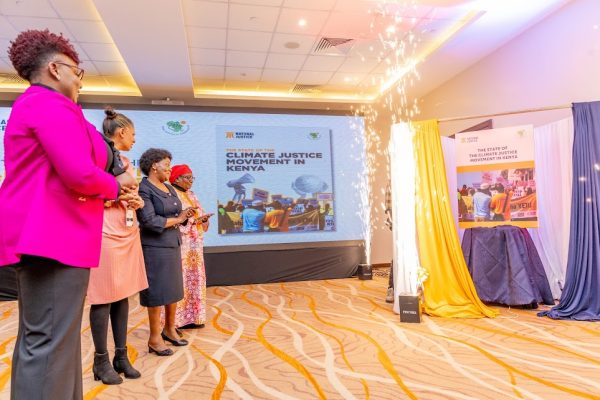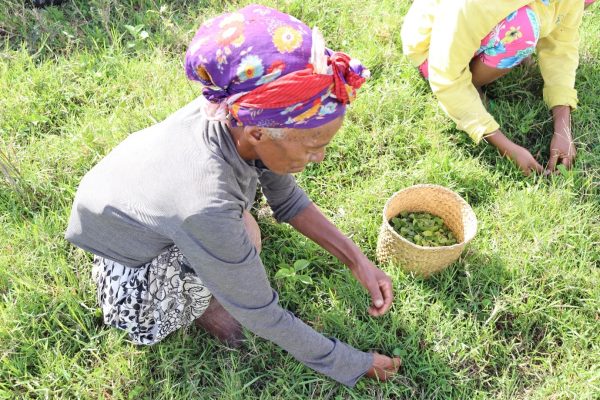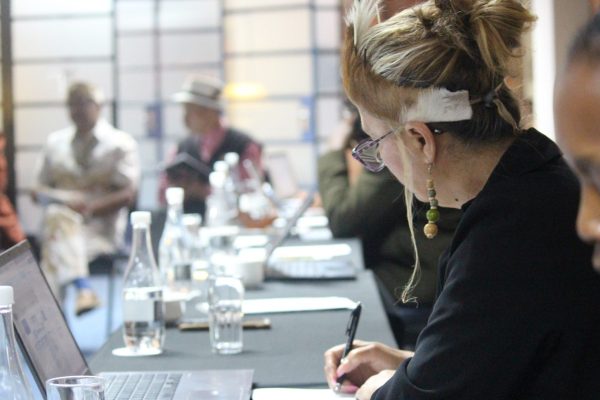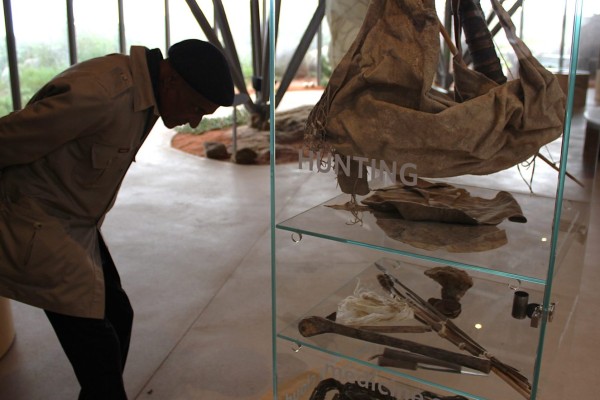 The Nagoya Protocol on Access to Genetic Resources and the Fair and Equitable Sharing of Benefits Arising from their Utilization will enter into force on 12 October 2014 following its ratification by 51 Parties to the Convention on Biological Diversity (CBD).
The Nagoya Protocol on Access to Genetic Resources and the Fair and Equitable Sharing of Benefits Arising from their Utilization will enter into force on 12 October 2014 following its ratification by 51 Parties to the Convention on Biological Diversity (CBD).This is a proud moment for Natural Justice, and other organisations that have worked tirelessly to bring this dream to fruition. Ever since its founding, Natural Justice has been supporting communities in exploring how biocultural community protocols can assist them to engage with Access and Benefit Sharing (ABS) according to their values. This is in addition to the technical advice that NJ has constantly availed at all levels, from the sub-national to the international.
In the last weeks, 12 countries have deposited their instruments including Belarus, Burundi, Gambia, Madagascar, Mozambique, Niger, Peru, Sudan, Switzerland, Vanuatu, Uganda, and today, Uruguay.
In May, Namibia became the 35th country to accede to the Protocol, and the momentum picked up in the subsequent months, culminating in its entry into force. Natural Justice is proud to have partnered Namibia in achieving this success.
The Nagoya Protocol on Access to Genetic Resources and the Fair and Equitable Sharing of Benefits Arising from their Utilization was adopted at the tenth meeting of the Conference of the Parties in 2010, in Nagoya, Japan, and significantly advances the objective of the Convention on the fair and equitable sharing of benefits arising from the utilization of genetic resources by providing greater legal certainty and transparency for both providers and users of genetic resources. By promoting the use of genetic resources and associated traditional knowledge, and by strengthening the opportunities for fair and equitable sharing of benefits from their use, the Protocol will create incentives to conserve biodiversity, sustainably use its components, and further enhance the contribution of biodiversity to sustainable development and human well-being.
Its entry into force will mean that the first meeting of the Conference of the Parties serving as the meeting of the Parties to the Protocol can now be held from 13 to 17 October 2014, concurrently with the twelfth meeting of the Conference of the Parties to the Convention on Biological Diversity, in Pyeongchang, Republic of Korea.
The Ratification of the Nagoya Protocol by 51 Parties to the CBD represents a major step towards achieving Aichi Biodiversity Target 16, which states that, “by 2015, the Nagoya Protocol on Access to Genetic Resources and the Fair and Equitable Sharing of Benefits Arising from their Utilization is in force and operational, consistent with national legislation.”
This major step will also provide greater legal certainty and transparency for both providers and users of genetic resources, creating a framework that promotes the use of genetic resources and associated traditional knowledge while strengthening the opportunities for fair and equitable sharing of benefits from their use. Hence, the Protocol will create new incentives to conserve biodiversity, sustainably use its components, and further enhance the contribution of biodiversity to sustainable development and human well-being.


